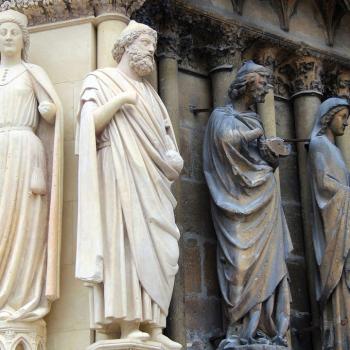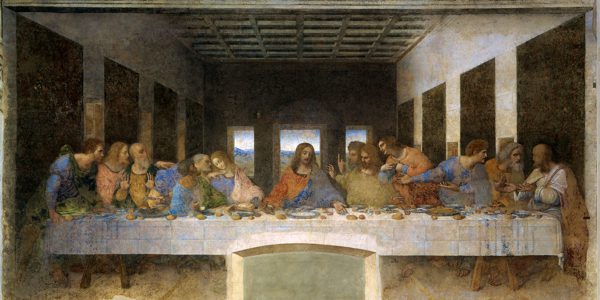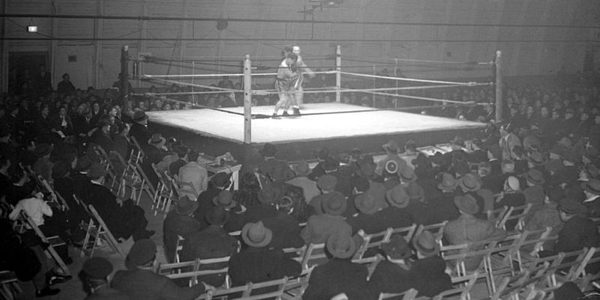 Evangelicals need to observe Lent, in part, because our troubling lack of tradition leaves us untethered from the past. A church without the great traditions of the faith is like a church with amnesia. Rejecting tradition means submitting ourselves and our churches to the tyranny of the relevant, the oligarchy of the innovative, and the arrogance of the avant-garde. More than ever before, the church needs to rediscover our tradition.
Evangelicals need to observe Lent, in part, because our troubling lack of tradition leaves us untethered from the past. A church without the great traditions of the faith is like a church with amnesia. Rejecting tradition means submitting ourselves and our churches to the tyranny of the relevant, the oligarchy of the innovative, and the arrogance of the avant-garde. More than ever before, the church needs to rediscover our tradition.
When I say tradition, I don’t mean pews and organs and choir robes and classical music. Those things are once exalted pop-cultural markers, like today’s video projectors and podcasts. Tradition goes to the heart of the faith. The best way I know to explain what tradition is (and what it is not), is to borrow the words of Jaroslav Pelikan, who said:
“Tradition is the living faith of the dead; traditionalism is the dead faith of the living. Tradition lives in conversation with the past, while remembering where we are and when we are and that it is we who have to decide. Traditionalism supposes that nothing should ever be done for the first time, so all that is needed to solve any problem is to arrive at the supposedly unanimous testimony of this homogenized tradition.”
Lent is one of the great church traditions. Observing Lent is like submitting to the memory of our grandparents, trusting that if we are ever going to learn to experience and tell the story of God rightly, we’re going to have to learn the words to say from them. Chesterton famously said that submitting to tradition is like giving our ancestors a vote in how we live our lives right now. It’s nothing less than a generational honoring of our fathers and mothers.
Lent is the forty days between Ash Wednesday and Good Friday excepting Sundays. During Lent, we are invited to shed a skin. For 40 days we embrace an intentional wilderness experience meant to help us to break out of the deadly patterns that keep us anesthetized and numbed to life. Traditionally Christians fast from something during Lent as a means of preparation for the celebration of Easter. Lenten fasts — giving up candy, coffee, soda, television, or meat on Fridays — are meant to help us see things in a new light. When we fast we voluntarily switch off the lights in our daily routines, hoping that in the self-induced darkness we might actually be able to see our way forward a little better. And if ever a people needed to turn out the lights and sit in the darkness for awhile, it is the typical American Evangelical Christian.
When we observe Lent, we allow our imagination to be provoked. We let God mess with us through ascetic interactions with the physical world. In doing so, we submit our appetites and patterns to God in a new way. We are forced into the wilderness with Jesus to be tested and tried.
At Redemption we have embraced the lenten traditions. Here are some of the things we embrace as a part of this season. Not everyone does all of these, but there is enough opportunity here to find a way to observe this important tradition. Feel free to use these ideas to formulate your own lenten practice.
- Ash Wednesday prayer service.
- Lenten Fast: giving something up for Lent.
- Friday Fast: no food after supper on Thursday, until sundown Friday.
- Feasts: two Fridays during Lent we gather as a church to break fast together.
- Maundy Thursday: communion service.
- Good Friday: Stations of the Cross service.
- Holy Saturday: silence as much as possible.
- Easter Sunday: celebrate resurrection.
p.s. If you are interested, I spoke at HCC yesterday, and talked about the importance of memory. Here’s the video of that message.

















